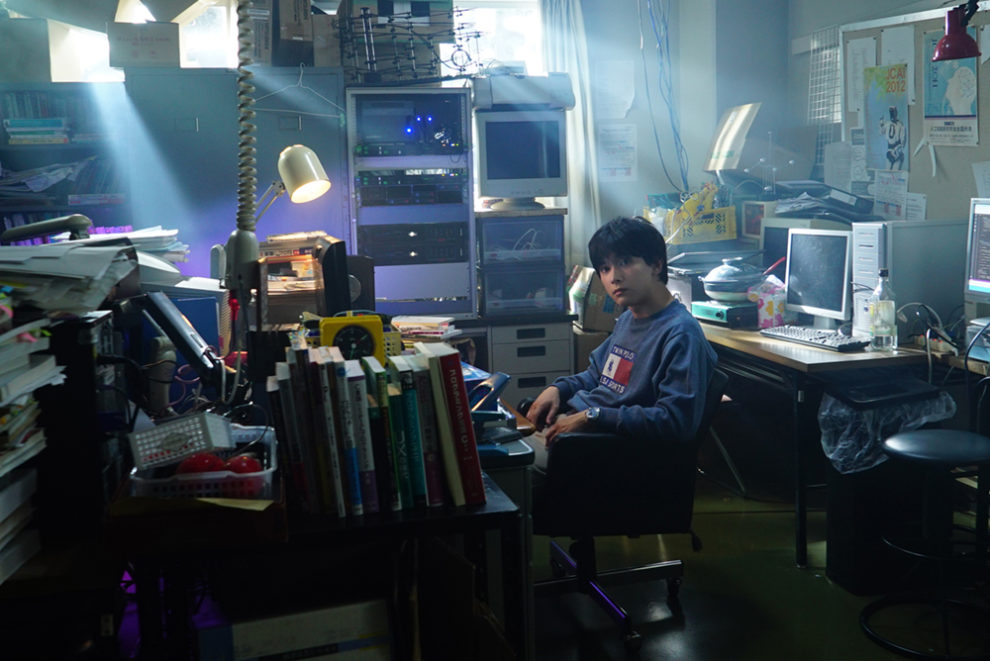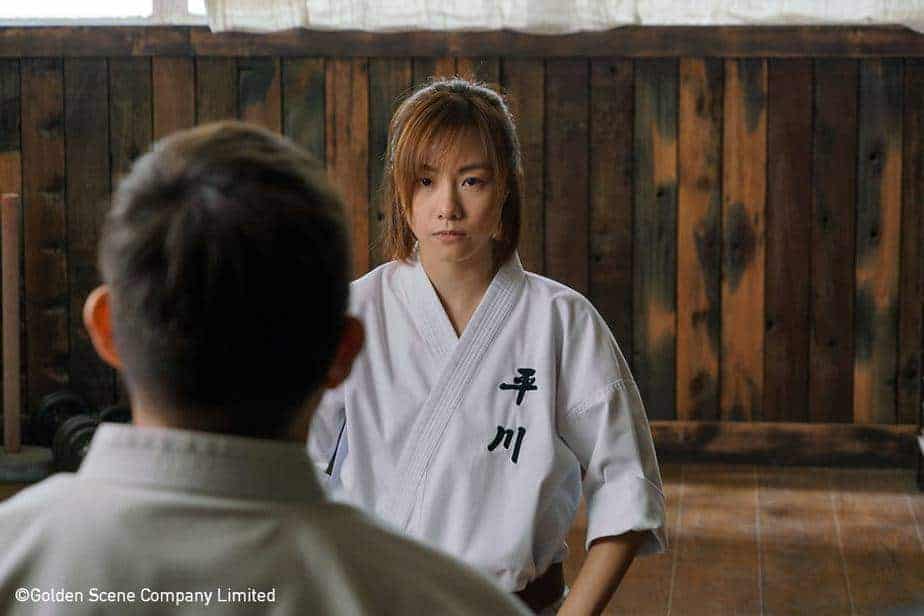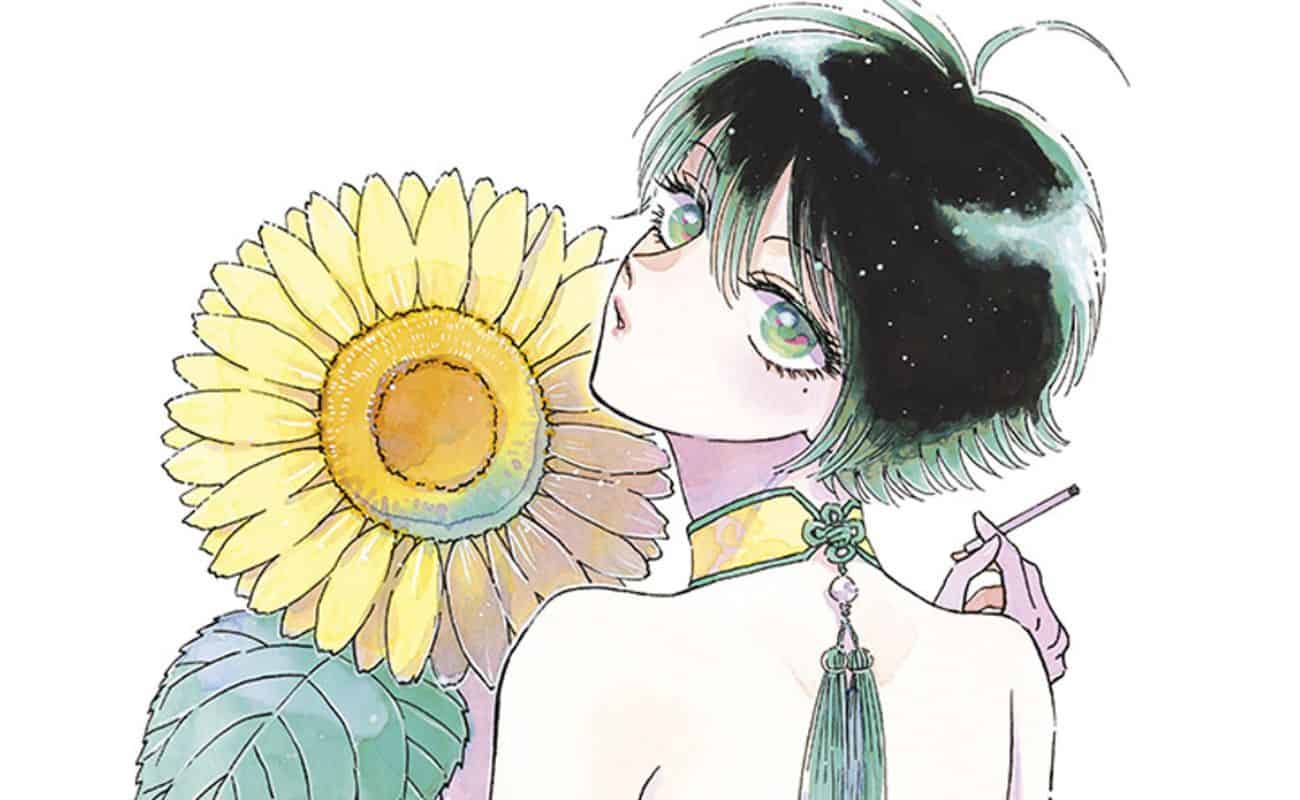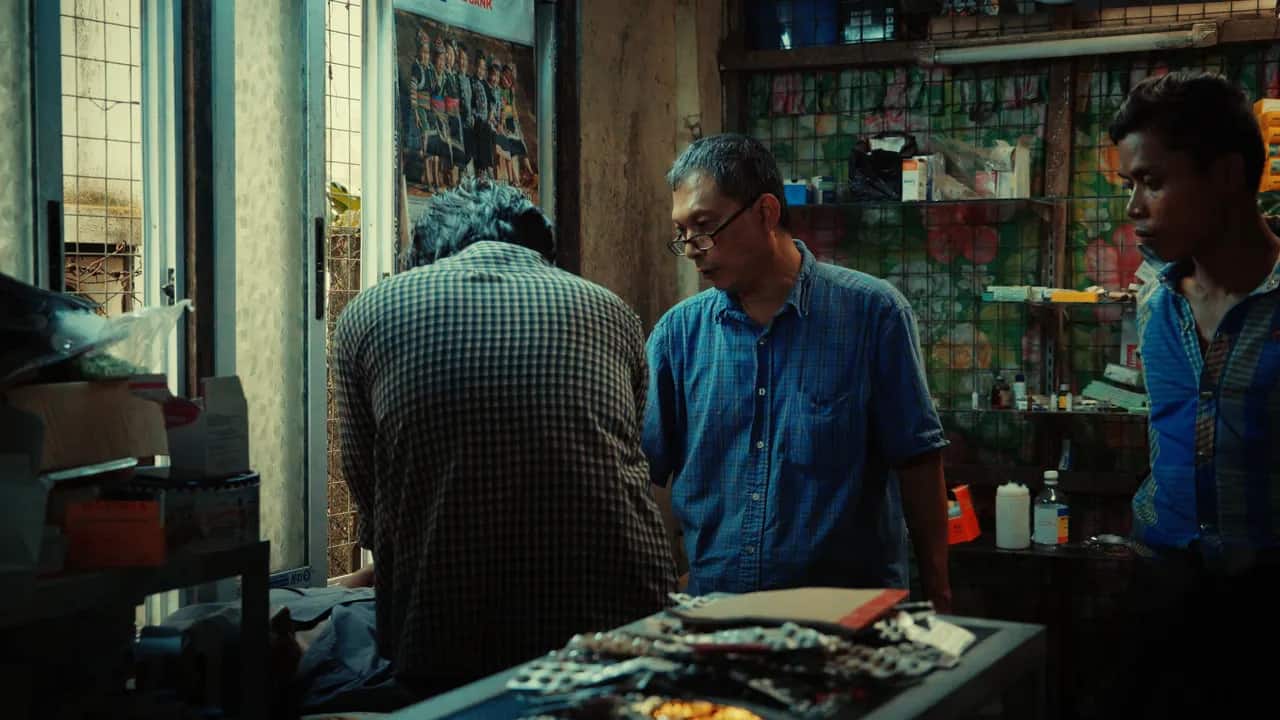Loosely inspired by the dramatic ‘AWAKE match' during the World Computer Shogi Championships (Den-O-Sen; a private match between a professional shogi player and computer shogi software) in 2015, “Awake” is Atsuhiro Yamada's feature debut, which was selected out of 241 submissions to win the first Kinoshita Group New Director Award Grand Prix.
Awake is screening at Camera Japan

As a kid, Eiichi wanted to become a professional shogi player, and attended a training center run by the Japan Shogi Association. At the center, he could not beat Riku, essentially his rival, with his disappointment eventually leading him to drop out. Some years later, he enrolls in the university, but without shogi, he seems to be unable to dedicate himself to anything, not having any friends and even ending up in the police station after a fight in a restaurant (again involving shogi). One day, though, he comes across an AI based shogi computer program on his father's laptop, which is proven much more difficult to win against than he ever expected. This piques his interest in computer programming, subsequently bringing him to the AI research club of his university and senior student Isono, with the two of them soon dedicating all their efforts into creating the ultimate shogi AI. After many tribes and tribulations, a few years later their program starts winning against human shogi players, and gradually becomes famous, along with them. The ultimate challenge, however, comes when he is challenged to face Riku, who has become a top professional in the meantime.
Atsuhiro Yamada directs a film that does not require knowledge of shogi, since the focus here is on the events and the characters, rather than the game itself. Apart from that, though, the most interesting aspect is the rivalry of the two main characters, and especially the way it transforms, but also transforms Eiichi, who actually matures and finds a purpose in life through his effort to surpass Riku. At the same time, the hardships for one to become a professional shogi player, and the shattering disappointment that derives from this failure are examined quite thoroughly here, even if the initial feud eventually turns to a one-sided perspective, that of Eiichi. The perks of friendship, as in the case of Eiichi and Isono and the benefits of trying hard for your goal, cement the context here.
On the other hand, the lack of a thorough analysis of either protagonists (even more for Riku) results in characters that are difficult to empathize with, stripping the film, and the “final battle” from the impact it could have, despite Yamada's effort to turn it into a fight between man and machine, which is also not that well presented. This epidermic approach harms the film significantly, even if there are enough elements here to keep it interesting for the majority of its duration.
The most significant one, apart from the aforementioned comments, are the visuals, with the combination of Tetsuo Imai's cinematography and the work done in the SFX resulting in a series of impressive, sci-fi style sequences, as the social media reactions are included in the action on screen. Furthermore, the inclusion of music in a number of scenes, and the overall fast pace results in a series of moments that resemble a music video, with the sum of all the aforementioned elements adding much to the entertainment the movie offers.
Lastly, Ryo Yoshizawa as Eicchi and Ryuya Wakaba as Riku do a convincing job in their roles, on par with the general aesthetics here, even if their roles are not that demanding.
Despite a kind of a lost chance to delve deeper into the characters and their rivalry, “Awake” emerges as a very easy to watch movie, which aims at entertainment and definitely achieves it.
















